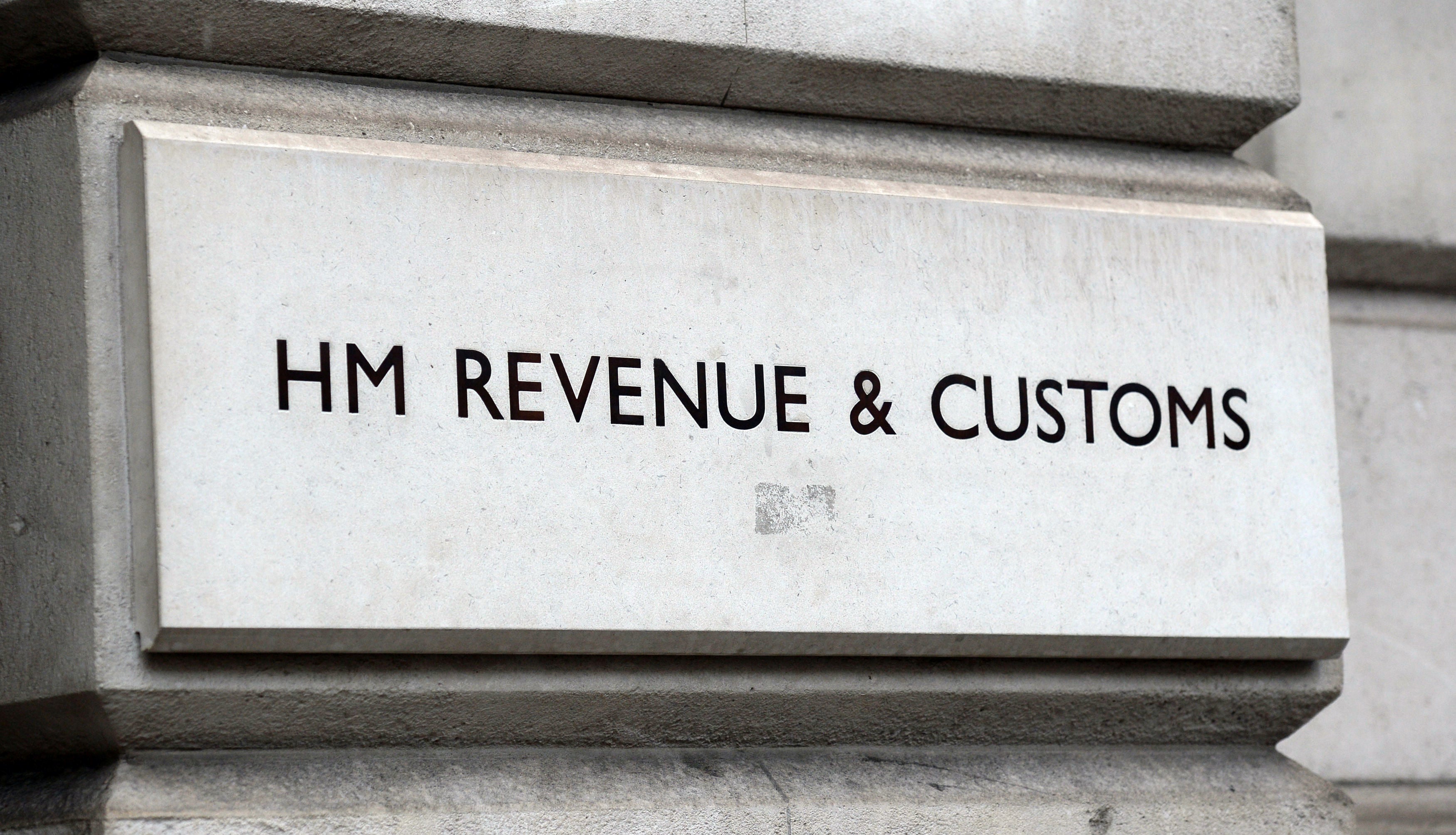Around 133,000 more women furloughed ‘than men during first wave of coronavirus’
‘Being furloughed also might make them more likely to be made redundant if the scheme ends before the economy recovers,’ says expert

Your support helps us to tell the story
From reproductive rights to climate change to Big Tech, The Independent is on the ground when the story is developing. Whether it's investigating the financials of Elon Musk's pro-Trump PAC or producing our latest documentary, 'The A Word', which shines a light on the American women fighting for reproductive rights, we know how important it is to parse out the facts from the messaging.
At such a critical moment in US history, we need reporters on the ground. Your donation allows us to keep sending journalists to speak to both sides of the story.
The Independent is trusted by Americans across the entire political spectrum. And unlike many other quality news outlets, we choose not to lock Americans out of our reporting and analysis with paywalls. We believe quality journalism should be available to everyone, paid for by those who can afford it.
Your support makes all the difference.Around 133,000 more women were furloughed than men across the UK during the first wave of coronavirus, according to new research which reinforces fears the crisis is hitting women hardest.
The study, conducted by Women’s Budget Group, discovered women constituted the majority of furloughed workers in every part of the UK other than the West Midlands.
More women than men were placed on furlough in the wake of the pandemic in 72 per cent of parliamentary constituencies. While women constituted 52 per cent of all workers put on furlough across the UK from March to August.
The research, released to mark Equal Pay Day, the day women effectively stop earning for the rest of the year compared to men, discovered Rishi Sunak’s constituency had the highest proportion of women who were furloughed - some 61 per cent of workers.
Dr Mary-Ann Stephenson, director of the Women’s Budget Group, said: “This data on furlough is cause for significant concern. In such an unprecedented year, the suspension of gender pay gap reporting because of the pandemic and the furlough scheme means we do not have a clear picture about what is happening to women’s economic status.
“But now we know that women are more likely than men to have had their wages docked 20 per cent by being on furlough. With women already 70 per cent of low paid workers, this will push many women into debt and poverty.
"Being furloughed also might make them more likely to be made redundant if the scheme ends before the economy recovers. This is a worrying early warning sign of what is happening to women’s incomes and independence.”
She urged the government to reinstate pay gap reporting as soon as possible and roll out new measures to stop disproportionate redundancies for those who are pregnant or juggling work with looking after children or elderly relatives or people with disabilities - all of whom are more likely to be women.
Rules which force private companies who employ more than 250 people to release their gender pay gap figures were suspended by the government earlier in the year due to upheaval unleashed by the coronavirus crisis.
Resarchers, who analysed data from HMRC, discovered the gender furlough gap to be bigger for younger women rather than older women - with females aged between 18 and 24 constituting 53 per cent of people furloughed among this age bracket, which is higher than the 52 per cent in the 45 to 64 age group.
Sam Smethers, chief executive of Fawcett Society, the leading gender equality charity, said: “This data shows that women, particularly the young, low paid and migrant women, are most at risk.
"We also know that BAME women are most likely to be fearful about job security as a result of the pandemic and many mothers have been struggling to find childcare. This is why we need a gendered response from government otherwise we will be turning the clock back on gender equality in the workplace by decades.”
Joe Levenson, of Young Women's Trust, which helps young women on low or no pay, called for employers to be made to release statistics on redundancies by sex and other protected characteristics.
He added: “Young women on low pay were already struggling to get by before the coronavirus crisis hit and since then many have suffered a loss of earnings due to having their hours cut, being furloughed or losing their job.
“If the government is serious about reducing the gender pay gap and levelling up so that young women aren’t left behind, far more needs to be done to target support where it’s most needed.”


Join our commenting forum
Join thought-provoking conversations, follow other Independent readers and see their replies
Comments